HPS vs EPS, Ever since the invention and further development of electric power steering (EPS) in the 1990s, automobile companies have been improving the electric system so it may eventually become the only power steering system offered. This is mainly due to the fact that EPS systems offer much higher fuel economy, with some cars like the Changan Motors improving fuel economy by 2.5% and saving owners twelve gallons of gas a year. The electric power steering system of German parts manufacturer is said to use 90% less energy than hydraulic power steering.
HPS
Hydraulic Power Steering (HPS) In this system, the steering gear’s internal cavity is divided into two chambers by a sealed piston attached to the rack. Applying pressurized hydraulic fluid to one side of the piston while allowing fluid to return from the other side to a reservoir provides steering assistance. A valve attached to the pinion shaft controls the hydraulic fluid flow.
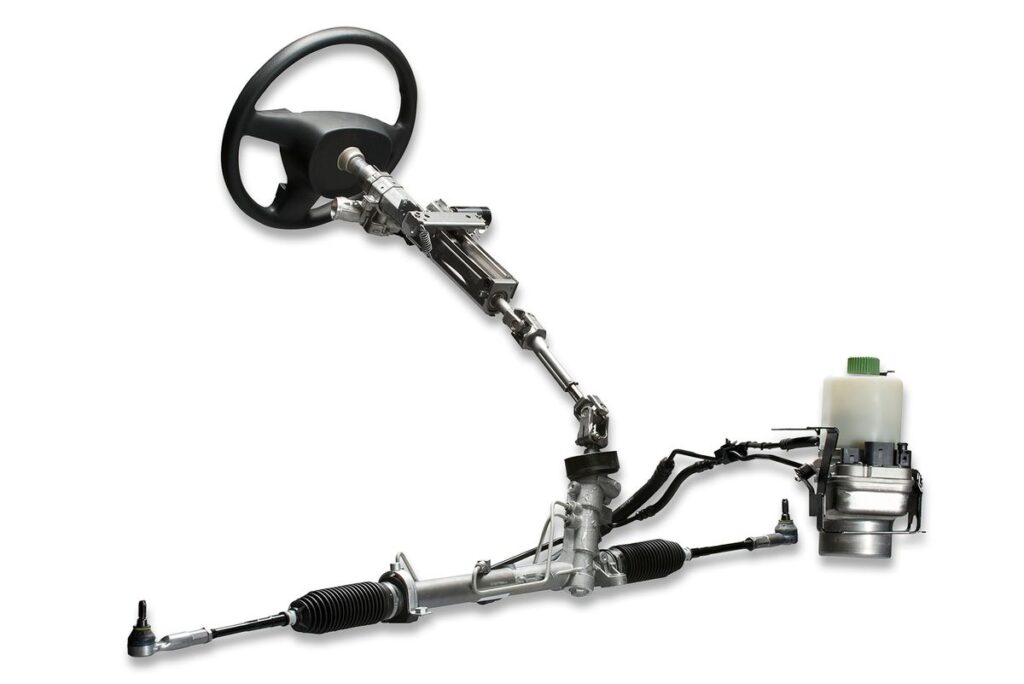
Cons of Hydraulic Power Steering
- A hydraulic system is more complicated than electric
- EPS gives better response at different speeds compared to hydraulic
- A hydraulic system is heavier
- Hydraulic power systems require hydraulic fluid, meaning more maintenance for auto mechanics
- Hydraulic steering takes power from the engine, reducing fuel mileage
- Electric systems have fewer problems overall than hydraulic power steering
EPS
Electric Power Steering (EPS) To provide steering assistance, an electric motor is mounted to the side of the rack housing which drives a ball-screw mechanism via a toothed rubber belt. The screw engages a spiral cut in the outside of the steering rack. A torque sensor attached to the pinion shaft signals a computer control when to provide assistance.

Which is better power steering or electric steering?
So if it seems like overall the EPS is better for your car, why have hydraulics not been phased out completely? Some car owners prefer the control offered by a hydraulic power system compared to the EPS, which is said to sometimes feel like you’re playing a video game. Car enthusiasts who like to get “feedback” from the tire traction and the weight of their vehicle when turning tend to favor hydraulics, although the maintenance required is still a complaint of almost all car owners. All the same, many major car companies including Changan, Ford, and Porsche have made electric power steering a standard for their vehicles. With fuel economy one of the major selling points in today’s automobile world, it only makes sense that car companies are turning towards a system that is more efficient, cheaper, and saves energy.
Electric power steering consumes power from a battery which is also charged by the engine, but it consumes less power compared to Hydraulic power steering. So a car having Electric power steering will give more mileage than one with Hydraulic power steering.
| HPS | EPS |
|---|---|
| Gets power from the engine | Gets power from alternator/ battery |
| Require maintenance | Require less maintenance |
| Affects fuel consumption | Doesn’t affect fuel consumption |
| Heavier setup | Lighter setup |
| More road feedback | Lesser road feedback |
| Manually adjustable | Digitally adjustable |
HPS vs EPS you decide which is better for you and Which kind of steering system in your car?
This blog increases your information about which steering system is reliable for you.
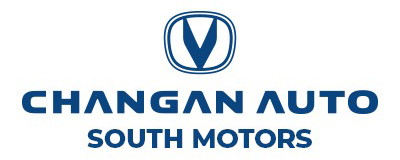

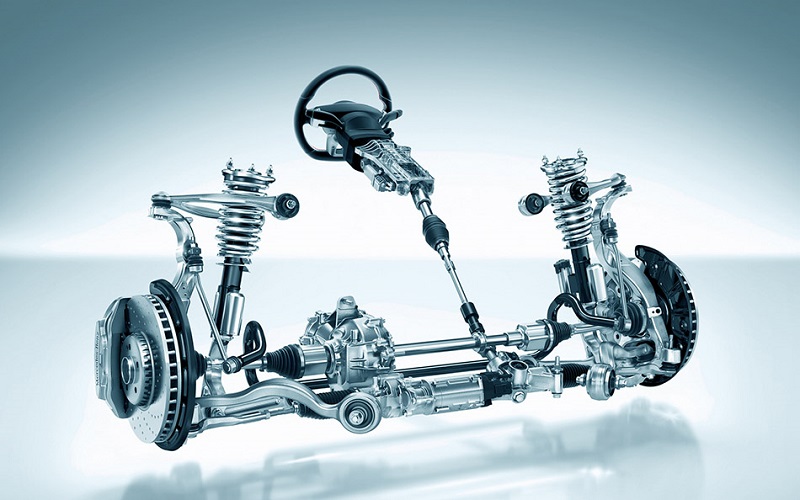












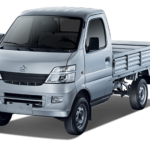
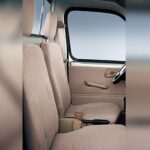
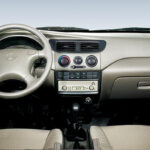
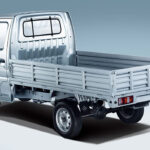
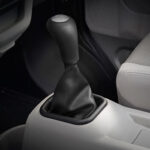
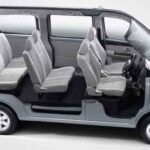
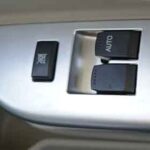
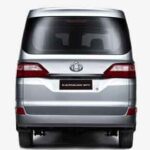
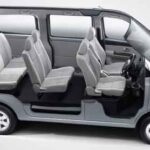
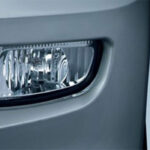
[…] valve2 pump3 speed sensor4 controllerThe controller control the valve and the pump and keep check of the speed sensor.The […]
[…] of the engine. The latest non-gravity feed design engines need it in order to facilitate the easy flow of fuel from the fuel tank to the engine. The Pump provides fuel to the carburetor at a very […]
[…] you pinpoint that the lights flicker when you do something else that draws electricity, such as turning on the radio, adjusting the climate control, or using your power windows? That […]
[…] Changan OSHAN x7. The company is testing three SUVs for the local market and one of them Oshan x7. According to Changan Pakistan will be the first country to launch this new SUV outside China, […]